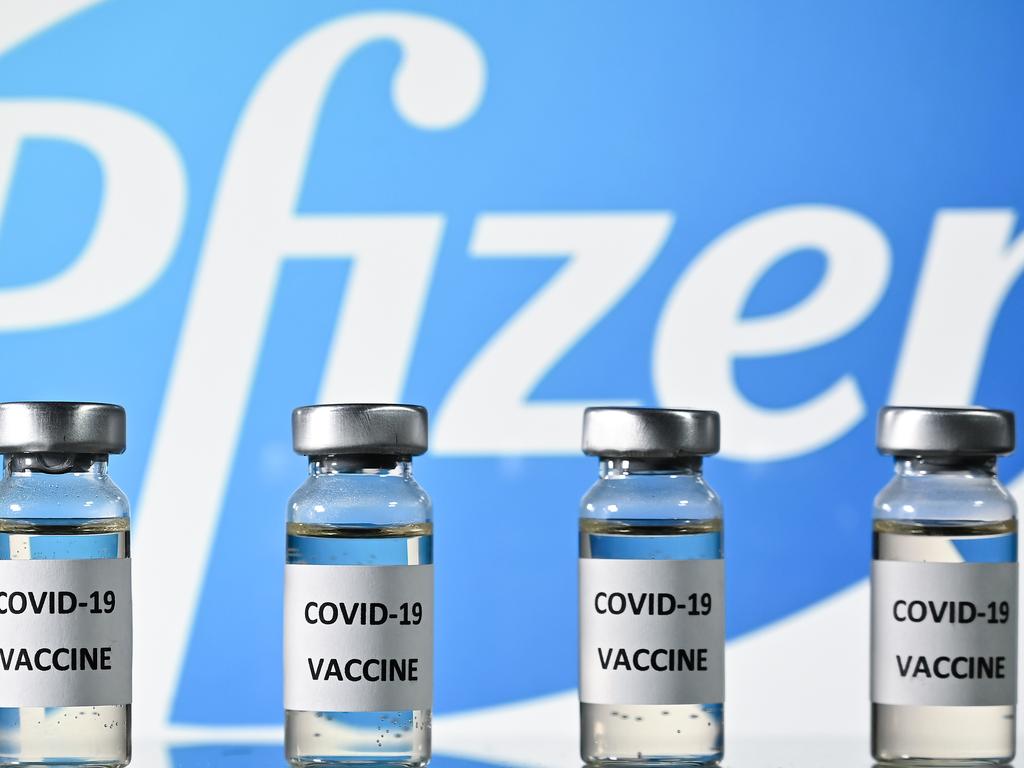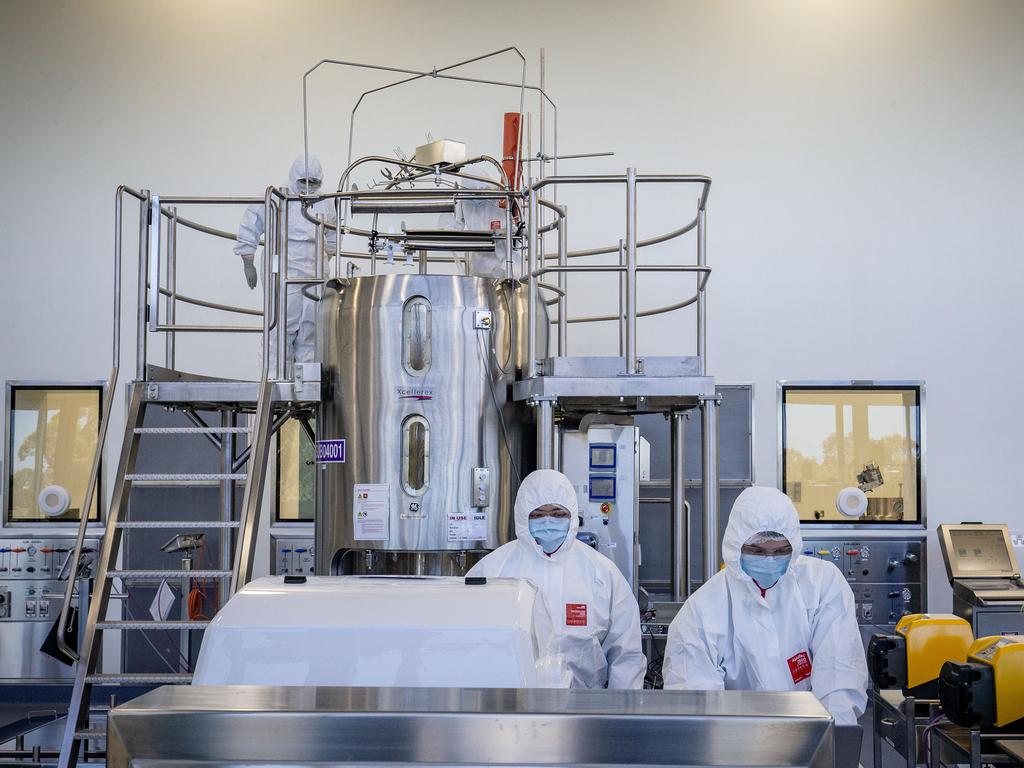Coronavirus ‘will fight back’ against vaccination, expert warns following Oxford University, AstraZeneca results
The virus “will fight back” against vaccination efforts, an expert has warned as results from Oxford trials show surprising findings.
An infectious diseases expert has warned the “virus will fight back” against efforts to secure a COVID-19 vaccination, ensuring that having proven protection against the disease is not the end of the story.
Dr Gifty Immanuel, an infectious disease specialist from Bangalore, India, said while the incredible cooperation to secure viable vaccine candidates in under 12 months is “heartwarming” there are “certain pitfalls” ahead that cannot be overlooked.
The virus is “having a field day,” he told a University of Oxford and Blavatnik School of Government briefing on the global race for a COVID-19 vaccine.
“It’s a naïve human immune system and they are effectively feeding on us.”
However he warned “the virus will fight back” against vaccination efforts and could create “vaccine escape mutants” including more virulent strains.
Dr Immanuel raised the issue of the recent mink cull in Denmark after the animal was found to create a much more potent strain of the virus, saying this kind of zoonotic event could not be ruled out again and “could completely destroy” what the world had been working to achieve.

Research for a COVID-19 vaccination has been carried out at breakneck speed, with a degree of collaboration and competition between scientific bodies and pharmaceutical giants over the last year.
Dr Immanuel said this meant monitoring for long-term adverse reactions against a vaccination will need to continue and efficacy rates for existing candidates - reported to be up to 95 per cent in the case of Moderna and Pfizer versions - may not fare so well after a period of months.
He said the Hepatitis B vaccine currently has an efficacy rate of around 80 per cent while influenza is more like 60 per cent. That could ensure booster jabs are needed year after year, leading the virus to mutate as “the moment you put them under selection pressure it is bound to become resistant.”
That also leads to the “theoretical risk" of antibody enhancement where contracting something a second time can be more severe than the first - such as dengue fever.
SURPRISING FIND IN OXFORD RESULTS
The comments come as the makers of the Oxford coronavirus vaccine candidate reported “encouraging” signs for how the jab performs in older adults following phase two trials.
Results published in medical journal The Lancet show the vaccine candidate – made from a modified chimpanzee virus – “appears to be better tolerated in older adults than in younger adults.”
It said the vaccine was safe and well tolerated among those it was given to, and had a lower “reactogenicity profile in older adults than in younger adults.”
“If these responses correlate with protection in humans, these findings are encouraging because older individuals are at disproportionate risk of severe COVID-19 and so any vaccine adopted for use against SARS-CoV-2 must be effective in older adults.”
RELATED: Two side effects from the Pfizer vaccine
RELATED: Oxford trial pause highlights virus painful truth
The findings mean the vaccine, developed by the University of Oxford and AstraZeneca, produced fewer side effects in those aged 56 and over than in younger people.
The vaccine is currently undergoing larger and more comprehensive phase three trials to confirm the results.
Ensuring a vaccine works well among older people is regarded as critical because they are more susceptible to the virus due to an immune system that tends to weaken with age.
Oxford professor and key author, Andre Pollard, said “as a result, it is crucial that COVID-19 vaccines are tested in this group who are also a priority group for immunisation.”

The phase 2 trial saw 560 participants, 240 of whom were over 70, split into groups that received either one or two doses of the vaccine, or a placebo.
Immune responses were assessed on the day of the jab and then over the coming weeks. Responses were “similar” across all age groups, the researchers said.
The Oxford/AstraZeneca vaccine is one of 48 that are undergoing human trials against COVID-19, according to the World Health Organisation.
In the last two weeks US companies Pfizer/BioNTech and Moderna have announced results of their own phase 3 trials — which are much larger than phase 2 and normally include tens of thousands of subjects — that suggested both vaccine candidates were up to 95 per cent effective in preventing COVID-19.
Pfizer is applying for emergency use of its jab, with hopes that doses could be rolled out before Christmas for critical health workers and the elderly.
Australia has entered into five agreements for COVID-19 vaccines if they are proved to be safe.
This includes 3.8 million doses of the Oxford vaccine in early 2021 and plans to make another 30 million doses in the country.
The University of Queensland is developing a vaccine with CSL that could see 51 million doses available from mid-2021 if proved safe, while another 10 million doses of the Pfizer vaccine could be available from early 2021.
Co-Director of the Global Health Centre, Suerie Moon, said the global picture of one on vaccine cooperation is one where wealthy countries are using their funds and diplomatic clout to shore-up a stockpile of supplies for their own citizens.
“[It’s a] pretty complex picture in which governments are hedging their bets.”
“We are in this situation ebcasue we didn’t prepare properly,” she said, adding that leaders “need to agree on rules and put money on the table so that when the next pandemic hits we’re not scrambling in the same way.”




